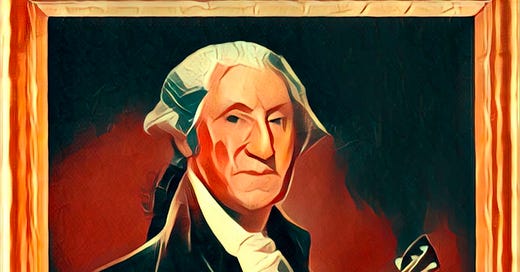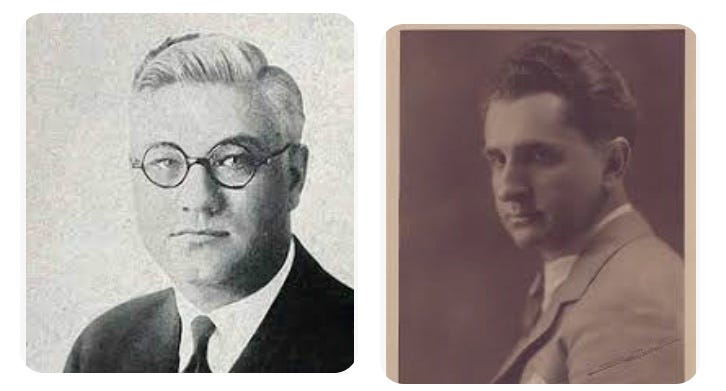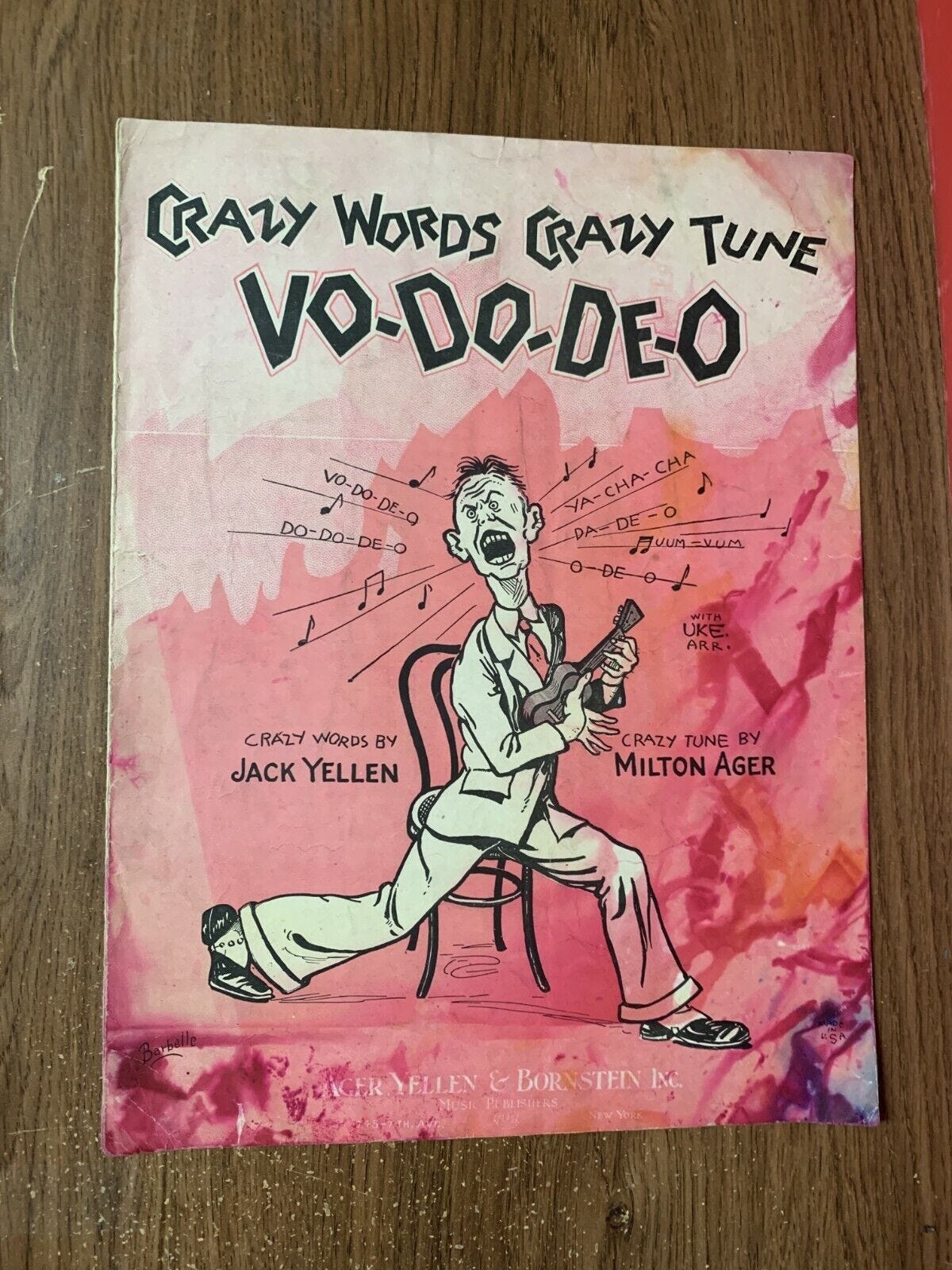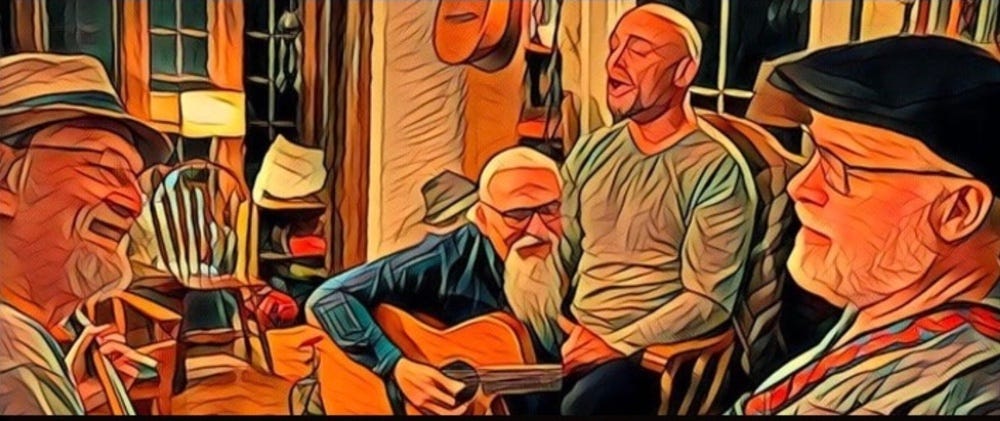A hundred years ago, much of America was having a wild and crazy party.
Forgot about the labor wars. Forgot about the spread of Jim Crow and the KKK marching in Washington. Forgot about the doors banging shut on immigrants.
Don’t be a party pooper, jake. The war was over. The plague of the “Spanish Flu” was declining. The stock market was soaring. Oh sure, alcohol was still prohibited, but… shhhhh, wink, wink, nod, nod … we know a place …
It was The Roarin’ Twenties. Flappers. Raccoon coats. Cars. Radios. Records. Jazz!
And Here Comes Jack
What a great time to be a songwriter. Into that happy, boozy blur of an age walked young Jack Yellen. Born to a Jewish family in Raczki, Poland, Jack was 5 when his family bought him to America. Reared in Buffalo, NY, he began writing songs in high school.
Later, after graduating from the University of Michigan in 1913, Yellen worked as a reporter for The Buffalo Courier, but he continued writing songs on the side. Before long, it was journalism that was on the side as his music moved front and center.
Actually, Jack got a jump on the jazz. Hits came quickly for Jack, who seemed to have a feel for the Twenties even before the Twenties arrived.
Collaborating with George L. Cobb on Tin Pan Alley, Yellen wrote a string of “Dixie” songs, such as “Alabama Jubilee” and “Are You from Dixie?” both in 1915.
His real royalty gold, though, was struck when he teamed up with Milton Ager. They entered the music publishing business as part owners of the Ager-Yellen-Bornstein Music Co., for which Jack penned some of the signature songs of the era.
“Big Bad Bill (Is Sweet William Now),” “Hard-Hearted Hannah, the Vamp of Savannah,” “Ain’t She Sweet?,” “Happy Feet,” and “Happy Days Are Here Again” all were Jack Yellen originals.
Washington at Valley Forge…
And right in middle of that rush of riches came our our all-time favorite of Jack’s creation, “Crazy Words, Crazy Tune. (Vo Do De O).”
Yellen and Ager wrote it in 1926. The earliest known versions of the song were recorded on Oct. 29, 1926, by Irving Aaronson and the Commanders, and on Feb. 3, 1927, by The Varsity Eight, a pseudonym for The California Ramblers, which included legend-to-be Tommy Dorsey on trombone.
The song launched onto the goofy lyrics stage 30 years before its hey day in the 1950s. (I’ll see you ‘Vo Do De O’ and raise you a ‘Be-bop-a-lula,’ a ‘Shama lama ding dong’ and a ‘wop bop a loo bop a lop bam boom’”)
Soon “Crazy Words, Crazy Tune” became a core song for hokum and jug bands around the world. In fact, we learned it from Jim Kweskin's jug rendition in 1963.
Our Take on the Tune
The Flood always has a few novelty tunes in its back pocket, either to liven up a show or maybe to just give ourselves a laugh at the weekly rehearsal.
And this one is, of course, is how we get all that big grant money, because it’s about history. Well, sort of. There is some question of whether George Washington ever played ukulele, but we’re pretty sure he knew a red-hot mama or two ….
Flood Lore
Incidentally, the song also plays a small role in a Flood Lore. Back in October 2014, the band was part of Marshall University’s wonderful stage production of “The Adventures of Tom Sawyer,” doing a 30-minute pre-show set at each performance of the play’s run in the beautiful Joan C. Edwards Theater.
Click the button below for a story that grew out of that fun week of shows:




















Share this post